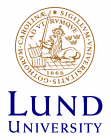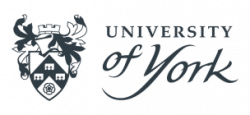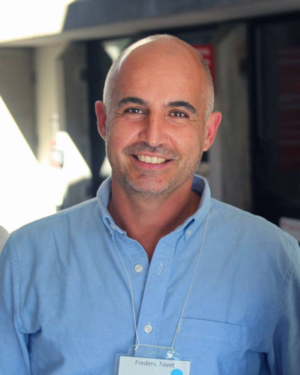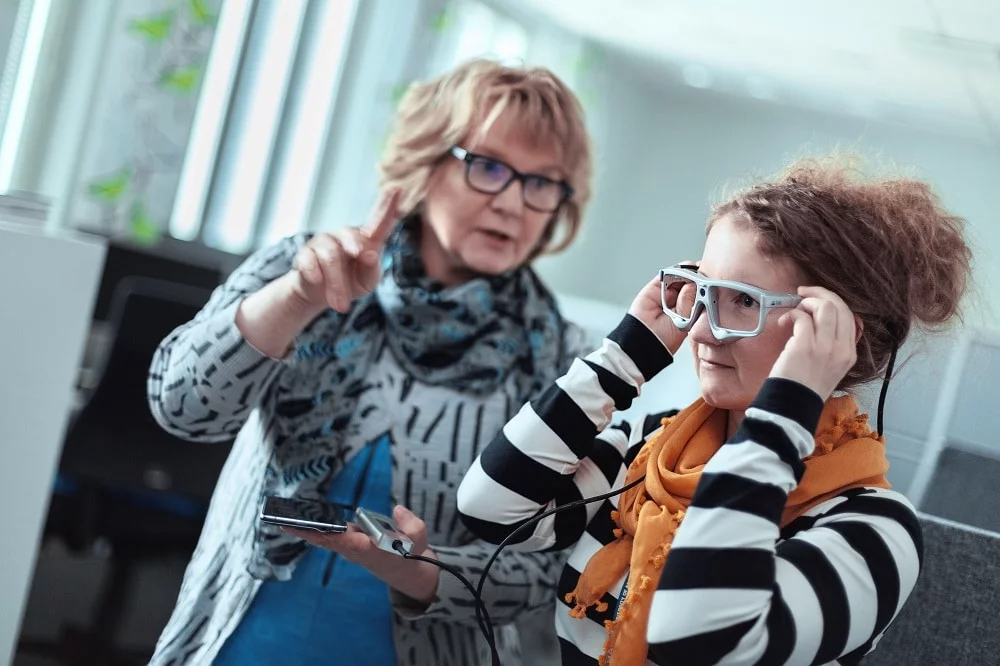
TINEL


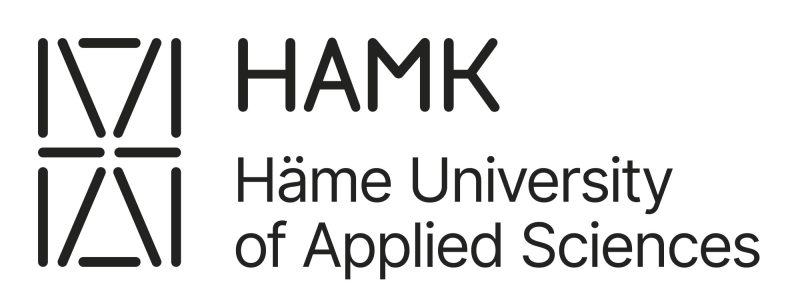
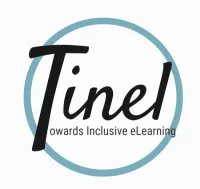
Project Information
| Project | TINEL |
| Duration | 1.10.2018-31.12.2021 |
| Partners | The Association of Finnish eLearning Centre (NGO), University of Jyväskylä Lund University Norwegian University of Science and Technology (NTNU) University of York Häme University of Applied Sciences (HAMK). |
| Funding | The Erasmus+ |
Towards Inclusive eLearning: Improving Accessibility of eLearning in Higher Education from Universal Design for Learning perspective.
The overall ambition of TINEL was to contribute in a shift from the notion of accessibility for separate so called “vulnerable” or “disadvantaged” groups to an inclusive mindset based on Universal Design for Learning (UDL) thinking. The project improved inclusive eLearning from UDL perspective by producing new knowledge for greater understanding and responsiveness to social, ethnic, linguistic and cultural diversity on three levels: 1) inclusive eLearning practices and use of UDL in facing different needs of higher education students on national and transnational levels; 2) innovative pedagogical and technological skills and support network for educators; 3) a training model to begin sensitizing faculty and staff on the issues for designing inclusive e-learning within the context of UDL.
The project was carried out in cooperation between six partners, one NGO and five higher education institutions from Finland, Sweden, Norway, and United Kingdom. The project objectives were: 1) to map and explore inclusive practices of eLearning and implementation aspects of UDL in HEIs 2) to develop an evaluation tool and a training model for improving eLearning accessibility from UDL perspective 3) to develop pedagogical and technological skills of staff for improving inclusive eLearning from UDL perspective.
Main project activities were: 1. Joint Open Call for submission of The Best inclusive eLearning and UDL practices in HEIs; 2. Transnational Best Practices Conference on inclusive eLearning and UDL; 3. Developing an Evaluation Tool and a Training model for inclusive eLearning and implemented UDL along with processing cases from each participant HEIs; 4. Teaching staff and processing UDL cases at Camps followed by Webinars and workshop sessions; 5. Producing UDL learning material to support the training process described above; 6. Transnational Closing conference.
The Erasmus+ funded project was carried out during 1.10.2018-31.12.2021 in cooperation between six partners, The Association of Finnish eLearning Centre (NGO), University of Jyväskylä from Finland, Lund University from Sweden, Norwegian University of Science and Technology (NTNU) from Norway and University of York from United Kingdom. The project was coordinated by Häme University of Applied Sciences (HAMK).
Target Group
The overall ambition of TINEL was to contribute in a shift from the notion of accessibility for separate so called “vulnerable” or “disadvantaged” groups to an inclusive mindset based on Universal Design for Learning (UDL) thinking.
Target Area
The project improved inclusive eLearning from UDL perspective by producing new knowledge for greater understanding and responsiveness to social, ethnic, linguistic and cultural diversity on three levels.
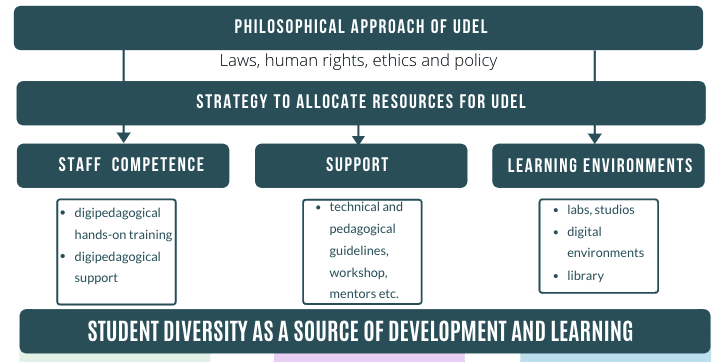
This Tool was originally developed only for self-evaluation purposes of Camp participant’s UDeL cases, and to be used for process evaluation and for getting feedback throughout the course of running the case.
The UDeL Context Cards are part of the staff training material developed during the TINEL Project. They show a wide variety of situations a proactive teacher can prepare for.
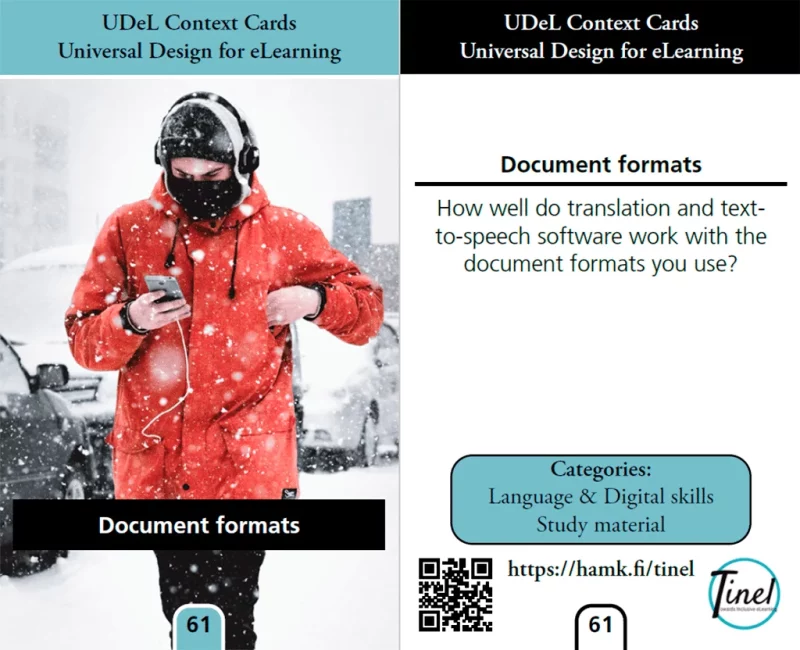
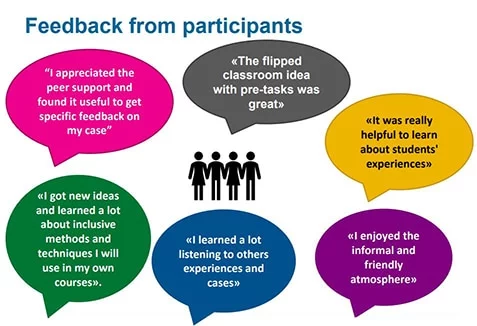
The core of the TINEL training model is the UdeL camps, where staff at higher education institutions discuss the challenges facing diverse students and how to support them.
About UDL and UDEL
What is UDL and UDeL?
UDL (Universal design for learning) is a framework that provides scientific guidelines for design and development of curriculum. UDL is focused to make learning accessible for all. UDeL (Universal design for e-learning) has the same guidelines but they are focused to make e-learning more accessible for all.
Intro 2 to Inclusive learning and UDeL
In this introduction video 2 Elinor J. Olaussen, Senior Adviser from Universell, Norway presents from the UDeL perspective the concepts of universal design, universal design of ICT and universal design of learning (UDL) as well as related international regulations.
.
Open call
The first objective of the TINEL project was to map and explore inclusive practices of eLearning and implementation aspects of UDL approach in higher education institutions. For these purposes, an open Call for Submission was announced 2019. From all proposals four were selected and compiled to a freely available corpus of best practices to help staff in higher education institutions to support the widest diversity of students, regardless of backgrounds, experiences, learning styles and abilities. The four chosen best practices are:
- FIN, Aalto University: Nordic Rebels: A Blended Approach to Fix Higher Education
- NO, University of Agder: Digital competency – An introductory course to digital tools for education and collaboration
- FIN, HAMK: The Video Documentary “Songs from the Life” as a part of final thesis of three students (Bachelors of Social Services)
- FIN, University of Jyväskylä: Crossing borders without travel: Virtual exchange practices for student.
.
Conferences
Training model
What is the TINEL training model
The TINEL training model is a framework that has been developed and tested during the Erasmus+ project TINEL (Towards Inclusive e-Learning). The purpose was to find a model for:
- training staff at higher education institutions (HEIs) in inclusive e-learning and blended learning based on the principles of Universal Design for Learning (UDL). As we focus on e-learning, we call it Universal Design for eLearning (UDeL).
- creating an international peer support network for staff interested in inclusive teaching and Universal Design for eLearning.
The TINEL training model uses other results developed at the TINEL project:
- Learning materials consisting of videos with experience from students and teachers, articles with teachers’ experience from development projects, UdeL Context Cards showing situations a proactive teacher can prepare for, and participants’ case studies from the UdeL “camps” run during the TINEL project.
- The Enhancement-Led self-Evaluation Tool (ELET) for structuring everyday practices and reflecting on their effectiveness with peers.
You find them under the section “Learning materials” and “Enhancement-Led self-Evaluation Tool”.
Do you want to improve your staffs’ knowledge about Universal Design for eLearning?
Then have a look at the components of the TINEL training model below, how we organised activities for staff in higher education institutions (including invitation letters and agendas), the Learning materials and the Enhancement-Led self-Evaluation Tool we have developed and how we used them. You are free to adapt and use the documents for your own activities.
Learning materials
The TINEL project has developed learning materials to be used for training staff at higher education institutions in inclusive teaching and Universal Design for eLearning (UDeL). The learning materials have been developed iteratively and tested during four Universal Design for eLearning (UDeL) camps with participants from Finland, Norway, Sweden and the UK. In addition to the learning materials used at the UDeL camps, participants also learned a lot from other participants’ experiences and case studies and related discussions.
The learning materials consist of:
- Text introduction to Universal Design for Learning and eLearning
- Video introductions to Universal Design for Learning and eLearning (UDL and UDeL)
- Video with an introduction to how to make accessible documents and videos (Kjetil Knarjak, Helen Petrie)
- UDeL Context Cards showing a wide variety of situations a proactive teacher can prepare for (see below)
- Videos with student experiences and perspectives of inclusive teaching (see below)
- Videos and articles with staff experiences of inclusive teaching (see below).
- TINEL Learning material by eOppimiskeskus
- Analytiikka opetuksessa (in finnish)
The articles can be used in staff training courses when the participants do not have prior experience of inclusive teaching. Instead of just discussing the topic, participants could prepare for a discussion by choosing to read one of the articles and present it to the other participants. This will create discussions about the article in relation to the participants own experiences and create a deep learning about the topic.
We have also collated links and other kind of resources (videos, articles and websites) that can be used as learning materials.
Enhancement-Led Evaluation Tool
Enhancing UDeL in Higher Education Institution with the Enhancement-Led Evaluation Tool
For enhancing UDeL in the higher education institution (HEI), the TINEL project has developed Enhancement-Led Evaluation Tool (ELET). The purpose of the Enhancement-led evaluation is to support HEI to develop activities by providing self-evaluation questions to structure everyday practices and reflect on their effectiveness with peers. A goal-oriented atmosphere of positive change is created by exchanging and disseminating practices with peers. The Enhancement-led evaluation consists of two self-assessment questionnaires: 1) status of HEI’s current UDeL activities, and 2) the enhancement-led self-evaluation form.
Contacts
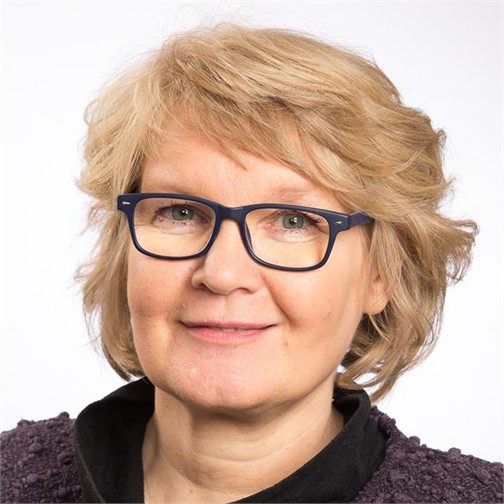
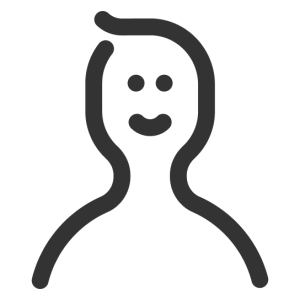
Kaisa Honkonen
Association of Finnish eLearning Centre
kaisa.honkonen@eoppimiskeskus.fi

HELEN PETRIE
University of York
helen.petrie@york.ac.uk

HÅKAN EFTRING
Lund University
hakan.eftring@certec.lth.se

ANNE TORKILDSBY
anne.torkildsby@ntnu.no

TARJA LADONLAHTI
University of Jyväskylä
tarja.ladonlahti@jyu.fi
